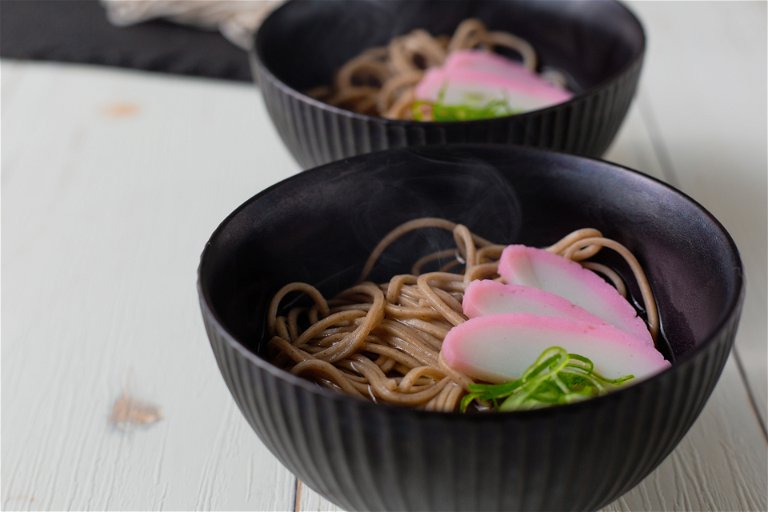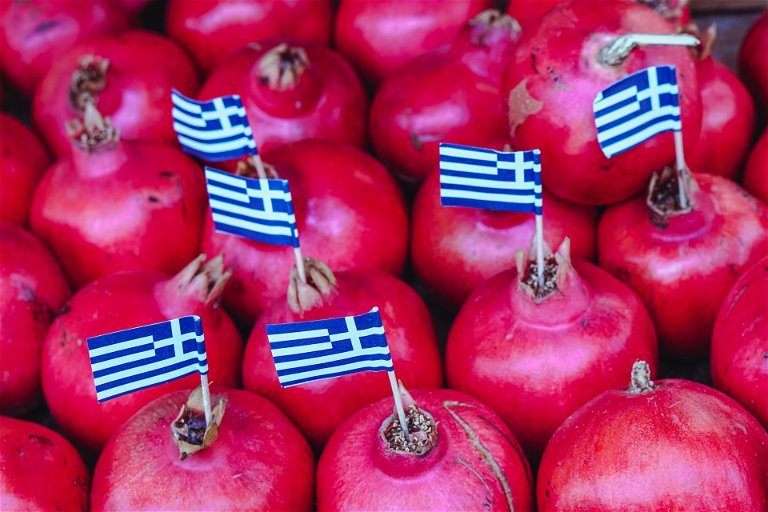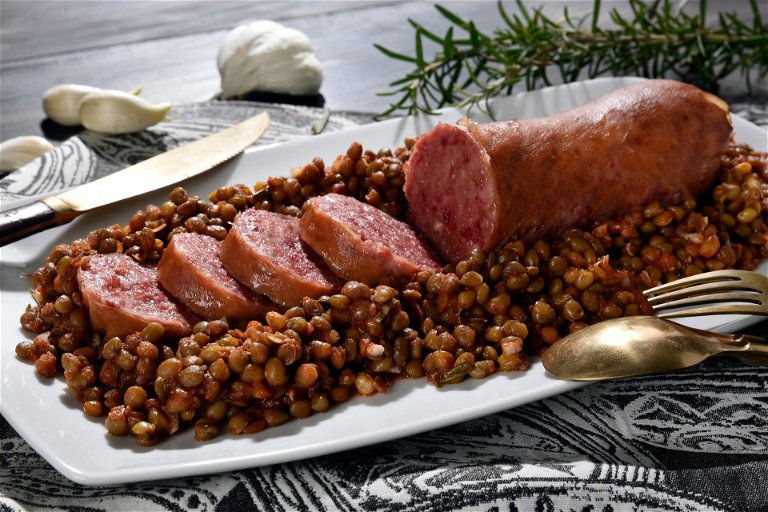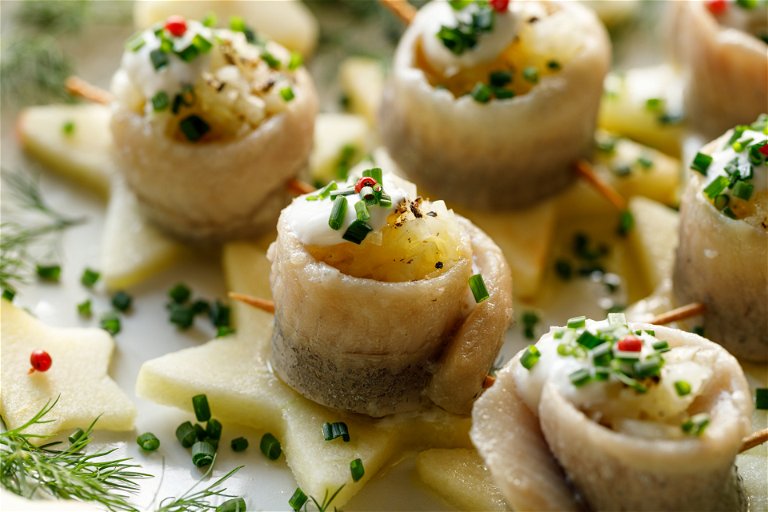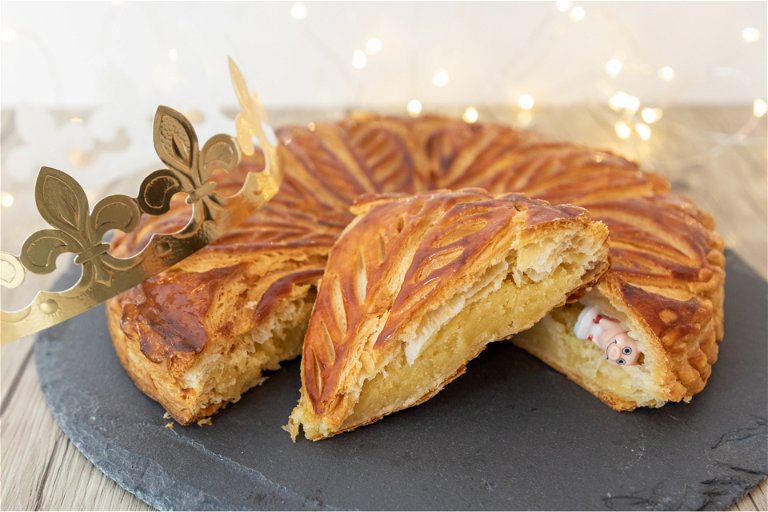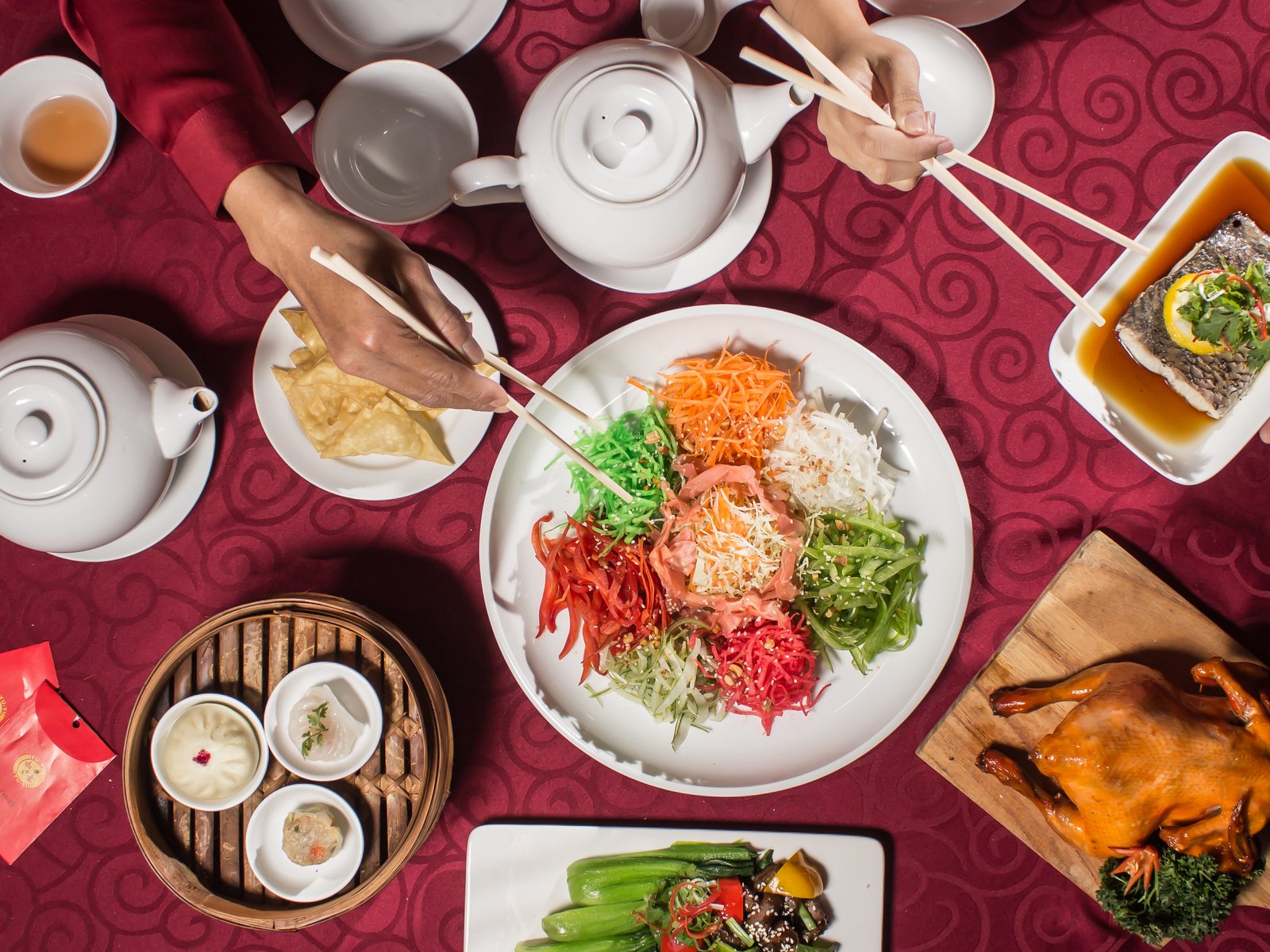Six Special Foods to Savour at New Year
What better way to ring in the New Year than with these foods ritually eaten to usher in abundant luck and fortune for the next twelve months.
One mantra that we can all share wherever we are in the world right now: a heartfelt hope for a healthier and more prosperous New Year. And what better way to celebrate than by adopting some of these food traditions from around the world... or perhaps combine them into a tasting feast!
One mantra that we no doubt all share wherever we are in the world right now: a heartfelt hope for a healthier and more prosperous New Year. And what better way to celebrate than by adopting some of these food traditions from around the globe...or perhaps combine them into a tasting feast!
Spain: Grapes
The Spanish tradition las doce uvas de la suerte, or the twelve grapes of luck, holds that eating that number of grapes at the stroke of midnight, officially signalled by Madrid’s Puerta del Sol square’s clock tower, will bring good luck for the coming year.
Each grape signifies both the chime of the clock and another month of the year. According to superstition, failing to finish all twelve grapes in time will mean misfortune in the year to come. Cynics say that the tradition only dates back to a harvest glut in the early 20th century.
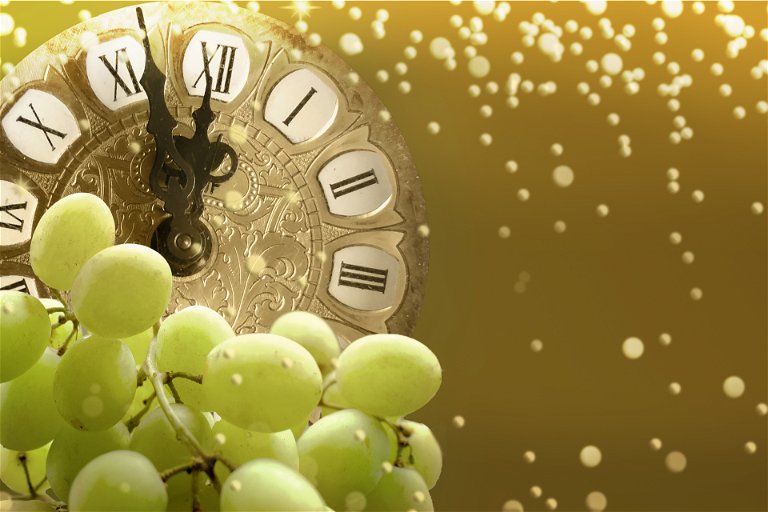
Japan: Buckwheat Noodles
The Japanese ring in the New Year with toshikoshi soba, a soup with buckwheat ‘year crossing’ noodles. Toshikoshi means to ‘climb or jump from the old year to the new’ and the buckwheat is believed to represent resilience. The custom dates back to the 14th century when families would spend the day before New Year’s Eve soaking, steaming and pounding buckwheat to make soba noodles that symbolise a long, healthy life. Be sure to slurp the noodles as it is thought one’s luck runs out if they break.
Greece: Pomegranates
Pomegranates represent good luck in Greece. With their red colour and abundant seeds, they have long been viewed as a symbol of fertility, prosperity and regeneration. But they don't necessarily need to be eaten. Tossing a pomegranate against the front door when the clock strikes midnight is believed to bring good fortune and the more seeds that fall out, the more luck and fertility the family can expect.
Italy: Lentils
Lentils are central to Italian New Year's Eve feasts. Round, with a green-brown patina, they were believed to (once) resemble Roman coins and therefore have long been seen as a symbol of prosperity. As lentils cook, they plump up with water, symbolising growth.
They’re popularly cooked and served with cotechino, a large pork sausage. It is a favourite celebratory dish of Massimo Bottura, chef patron of three-Michelin star restaurant Osteria Francescana.
Poland: Pickled Herring
Pickled herring with its silver scales giving the glint of wealth is a Polish New Year's Eve dish, Sledzie Marynowane. It is traditionally prepared by soaking whole salt herrings in water for 24 hours and then layering them in a jar with onions, allspice, sugar and white vinegar. Pickled herring is relished at the stroke of midnight with cream sauce and onion rings.
Historically, the herring catch was crucial to economic prosperity and its association with richness may also be to do with the nourishment of such an oily fish. The herring’s migratory patterns also are unpredictable, so when the catch is abundant, it is considered a good omen.
France: King's Cake
On New Year’s Eve itself, which the French refer to as La Saint-Sylvestre, they traditionally splurge on foie gras, oysters and other seafood and duck, often preceded by a chestnut soup. One of France's new year food traditions actually takes place a few days later. Galette des rois, or king's cake, is traditionally eaten on the first Sunday of January to celebrate the Epiphany in Christianity.
The cake is made with puff pastry and frangipane. Eat carefully though, a coveted charm is hidden inside and the person who finds it is blessed with good luck. Highly recommended are the Galette des Rois by Helene Darroze, three-Michelin star chef of The Connaught in London, and Jòia and Marsan in Paris.
